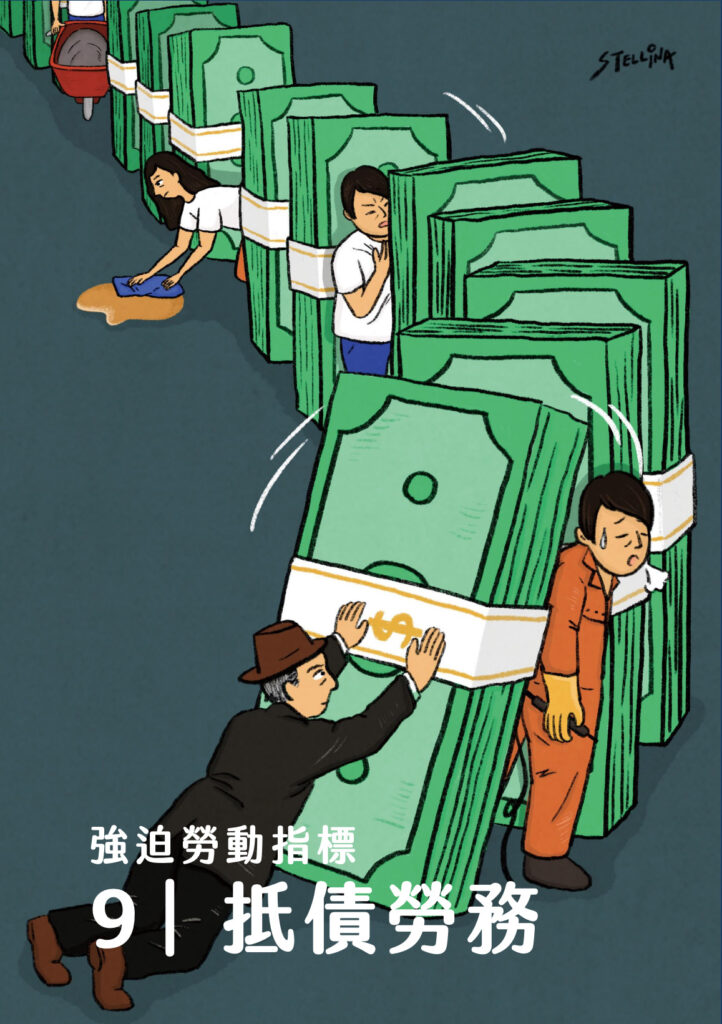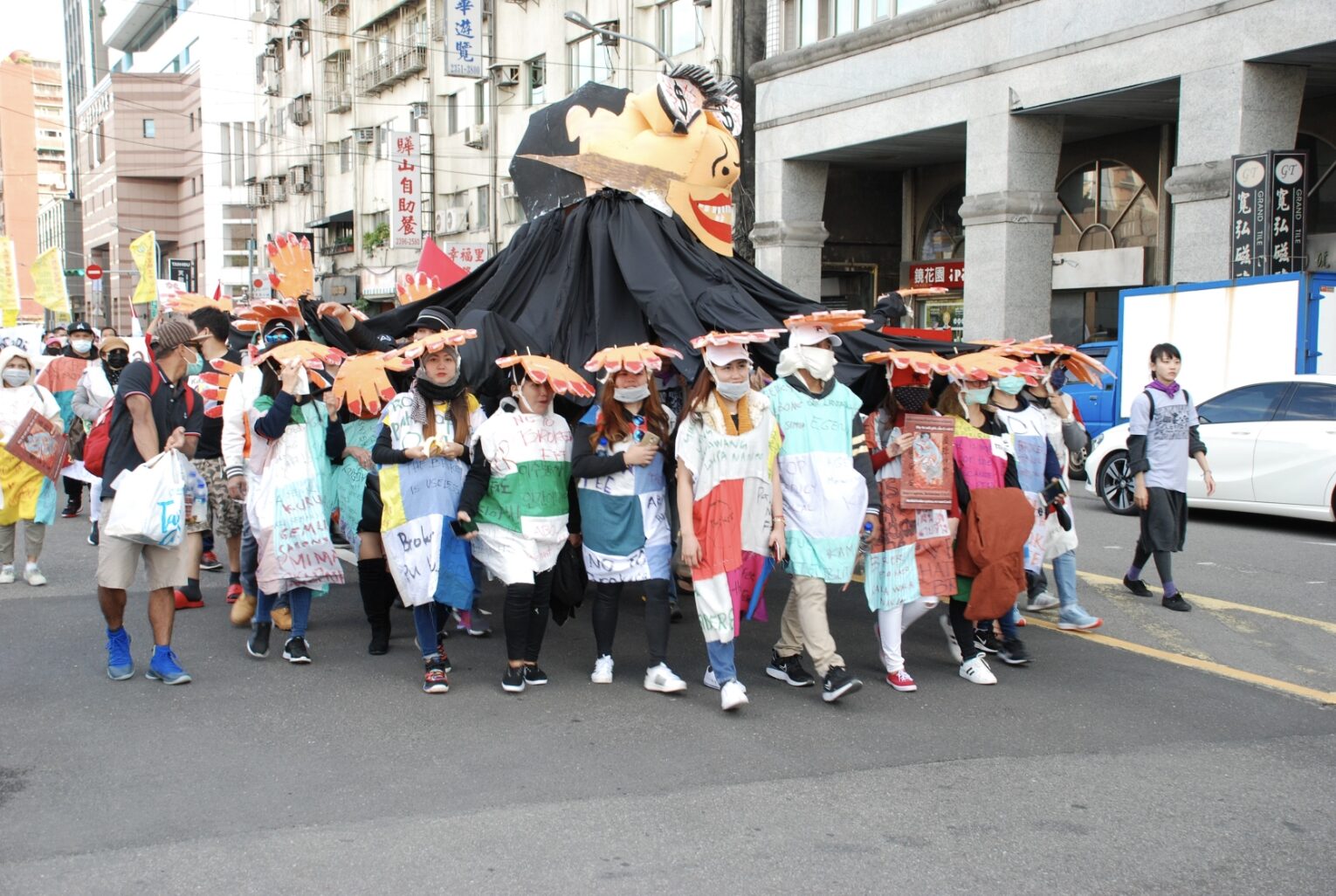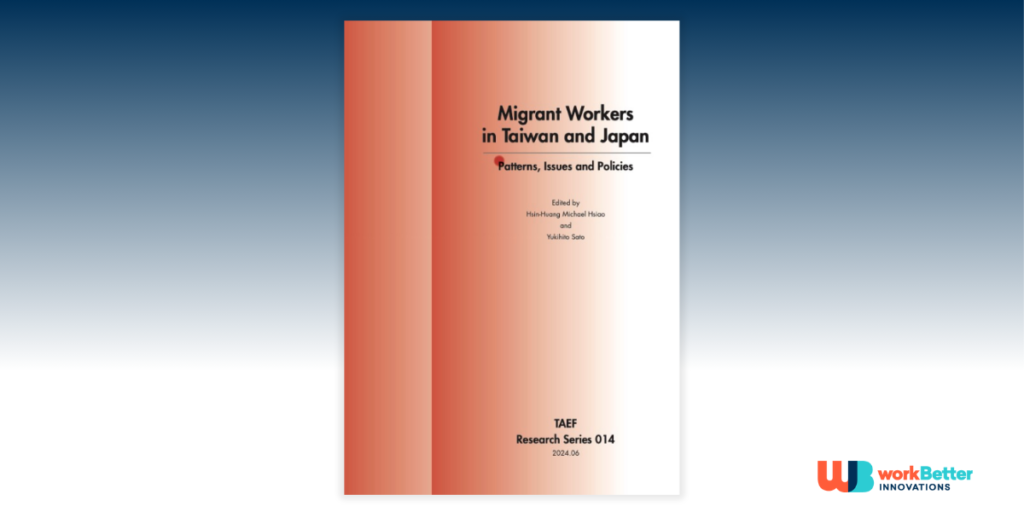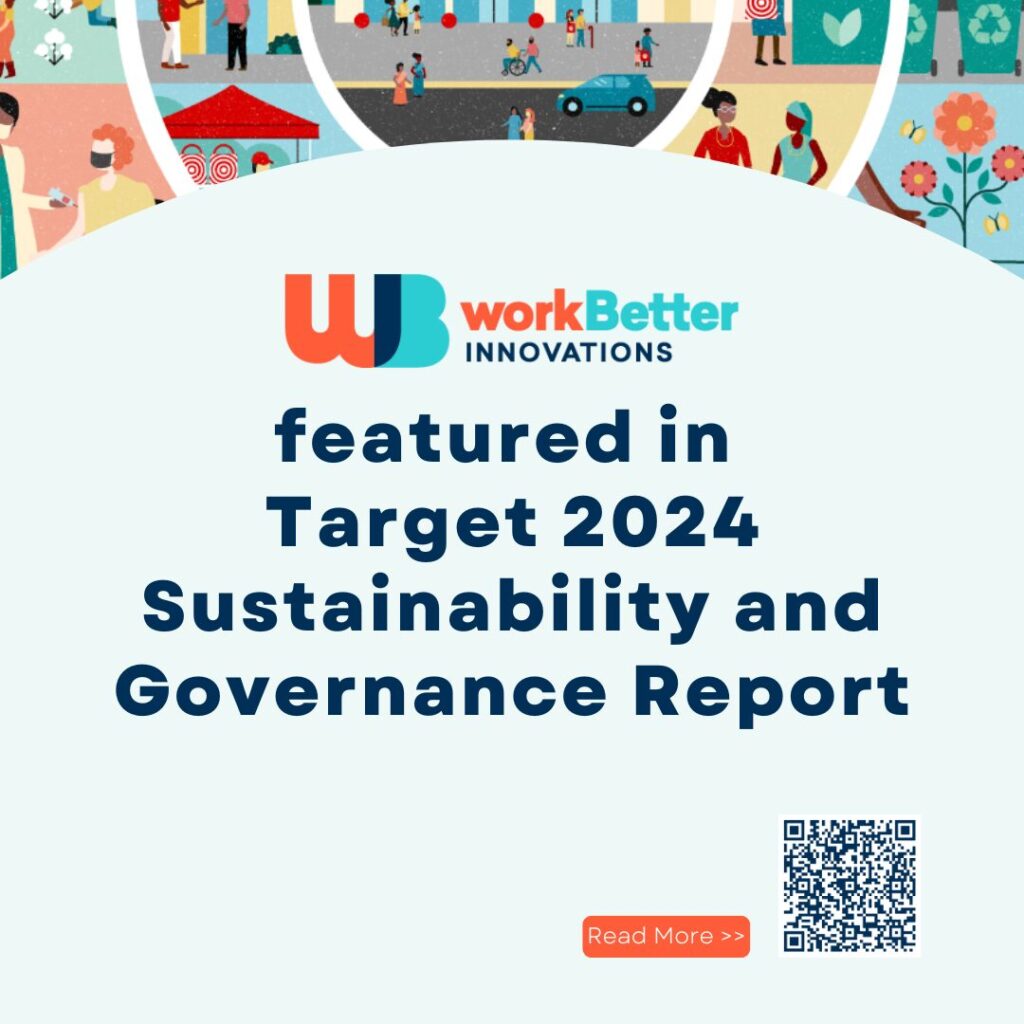20 February 2024. A new article by Dr Bonny Ling published by Taiwan Insight underlines the urgency for responsible recruitment of migrant workers in the wake of its recent elections and the newly-signed Taiwan-India agreement on migration.
Taiwan currently employs more than 750,000 migrant workers predominantly in manufacturing, construction and domestic care sectors, from the four main countries of origin: Indonesia, Philippines, Thailand and Vietnam.
In the context of Taiwan’s ageing population, migrant workers play a vital role in meeting the island’s domestic labour shortages. Labour shortage poses an enormous challenge.
While the three presidential candidates in the run-up to the presidential elections on 13 January 2024 addressed how Taiwan needs more migrant workers, none put forward proposals that would improve the current labour recruitment system.
In various public discussions on the proposed Taiwan-India labour migration agreement, now signed as of 16 February 2024, the government further stressed the labour shortage risks of depending on only four migration corridors.
It, however, remains unclear if this new labour migration agreement addresses any measures concerning risks of debt bondage in the recruitment system via the collection of recruitment fees and related costs from the workers. Both of which stand against the international Employer Pays Principle.
Recruitment fees and recruitment-related costs represent major debt bondage and forced labour risk factors when migrant workers are expected to cover the costs for their own job placement abroad. This can lead to a situation where migrant workers feel tied to abusive living and working conditions through the initial acquisition and the later servicing of these debts.
 [Illustration by Stellina Chen of ILO’s Indicator 9 of Forced Labour: Debt Bondage. Source: WBI’s Understanding the International Labour Organisation Indicators of Forced Labour: Practical Guide for Taiwan’s SMEs]
[Illustration by Stellina Chen of ILO’s Indicator 9 of Forced Labour: Debt Bondage. Source: WBI’s Understanding the International Labour Organisation Indicators of Forced Labour: Practical Guide for Taiwan’s SMEs]
Moreover, what is uniquely characteristic to Taiwan is the monthly collection of service fees, embedded in Article 6 of the Standards for Fee-charging Items and Amounts of the Private Employment Services Institution 《私立就業服務機構收費項目及金額標準》as “required for undertaking employment services matters…and transportation costs for receiving and sending off foreign person(s).”
“There is no scenario where these fees can be justified as a legitimate migrant worker-borne cost under international standards or under the increasing number of corporate statements that explicitly prohibit the charging of all recruitment fees and related costs from the workers. Suppliers that do so risk severing business relationships.” – Dr Bonny Ling
As reputable global brands increasingly commit to supply chain due diligence, Taiwanese suppliers need to recognise that the current expectations for environmental and human rights protections have significantly increased.
The misalignment of Taiwan’s recruitment system with international standards needs to be revised in both law and practice, not only from a moral-ethical duty, but also to secure Taiwan’s position as global trading partner.
To understand more on this misalignment in both terminology and against international standards, please see our Policy Brief 1/2023 “Recruitment Fees and Related Costs in Taiwan: Dictionary of English-Chinese Terms.”
Taiwan Insight is hosted by the University of Nottingham Taiwan Research Hub. The article referenced in this blog was published as a part of a Special Issue on ‘What does the 2024 Taiwan Election Tell Us?’ – read the full piece by Dr Ling, here.






